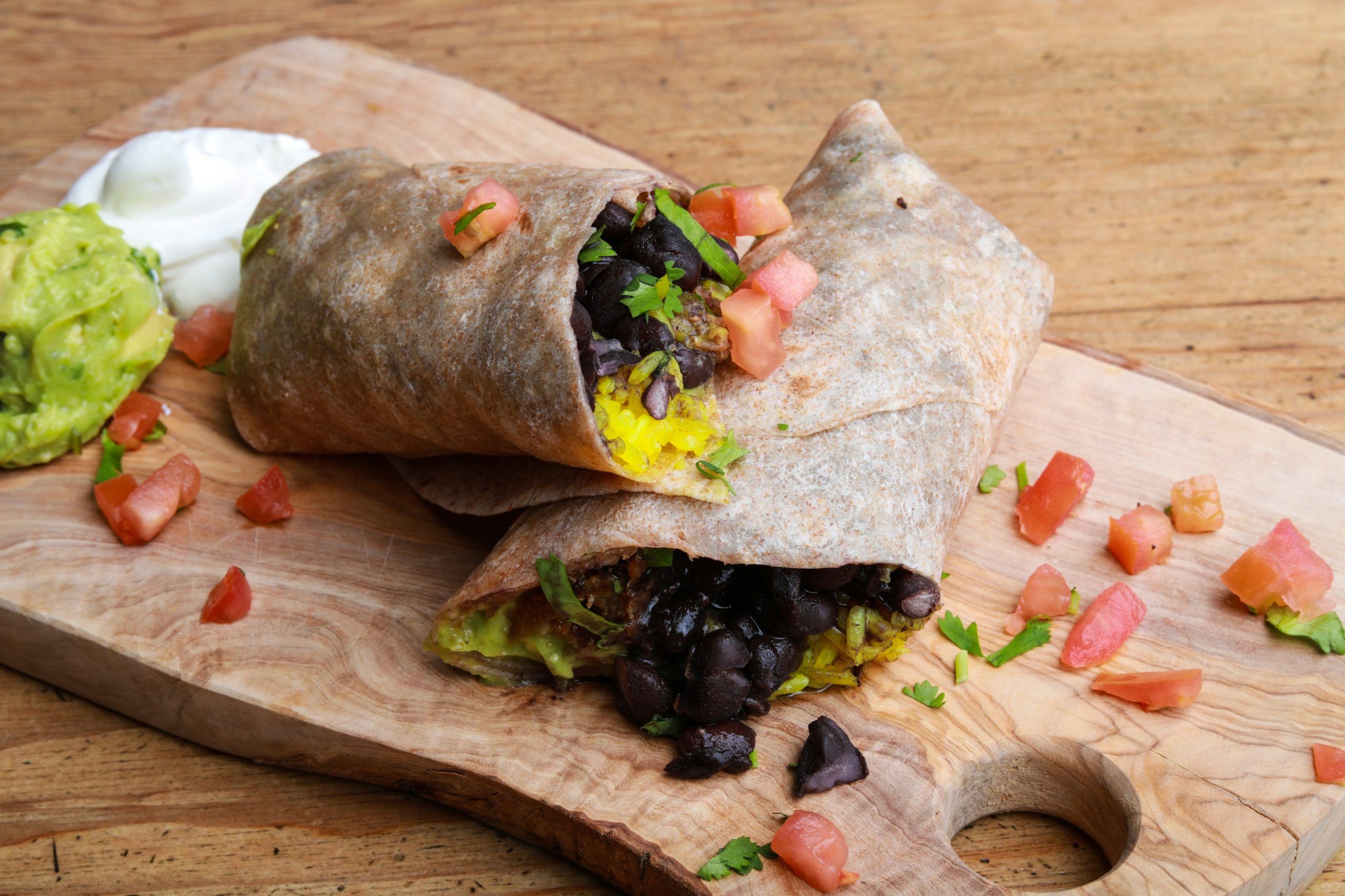NEW YORK CITY – “A true boss is someone people want to follow because you have vision and purpose,” said Brian Choi, CEO of The Food Institute, at a recent event for future leaders at Hugo Boss’ NYC Boss store in Columbus Circle.
In an engaging discussion about leadership and innovation, Choi and Robyn Carter, founder of consulting firm Jump Rope Innovation, led a fireside chat about the “Boss mindset” and the state of the food and beverage industry today.
Carter added that successful “bosses” must possess an oxymoronic quality:
“Being a boss means not being the boss most of the time. It means empowering my team to learn, and giving others the opportunity to grow and engage with clients.”
The event was created in partnership with Boss, Fordham University’s Gabelli School of Business, and the Rutgers Food Innovation Center. Refreshments were provided by Seraphim, a non-alcoholic, wellness-focused wine brand, and Vibal, an energy-infused ready-to-drink iced tea maker.
James Arndt, general manager of flagship at Hugo Boss, told FI about the importance of community outreach.
“We love to engage with the community, and Fordham is right in our backyard,” he said. “Boss loves to partner with organizations that have the same values, especially around equality and the environment.”
Gen Z, Millennial Trends
Carter emphasized how both Gen Z and Millennials represent highly nuanced demographics that require different marketing strategies to appeal to their sensibilities.
Where Gen Z craves simplicity, Millennials are more accustomed to making tough decisions for themselves and their families. The demographics are two different animals, the panelists noted.
“Gen Z is very concerned with authenticity, and with wanting to know the real story behind something: there’s a lot of distrust and marketers must communicate with them quickly,” Carter said.
“Millennials, on the other hand, are in an interesting life stage – a lot are parents,” she added. “They’re thinking about their strategy as parents which carries over to the types of products they want to use for their families.”
Carter added, however, that many Millennials are also “cash strapped” because of the economy. As a result, they are looking for accessible price points.
Carter noted that much of her work in appealing to both demographics includes speaking with influencers in the space and connecting with individual members of each generation, to understand what they are seeing on social media, and learn about their shifting interests and problems.
Choi discussed some of the overarching trends shaping consumer behaviors in both these generations: multiculturalism, health and wellness, and inflation.
“Consumers are thinking about the products that fit their price point but also have the taste, texture, and flavors that they want, all the while making it convenient,” said Choi. “Most Millennials and Gen Z are on the go. They want something quick, healthy, and functional.”
The Food Institute Podcast
Restaurant results for the second quarter weren’t stellar, but people still need to eat. Are they turning to their refrigerators, or are restaurants still on the menu for consumers? Circana Senior Vice President David Portalatin joined The Food Institute Podcast to discuss the makeup of the current restaurant customer amid a rising trend of home-centricity.












